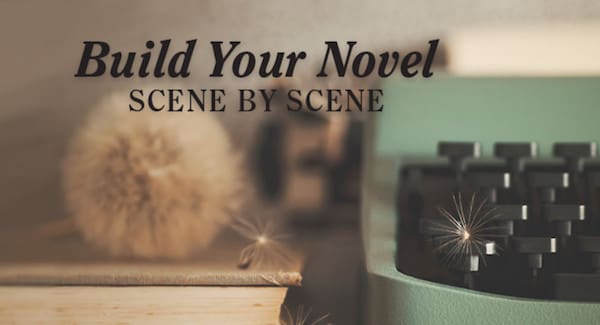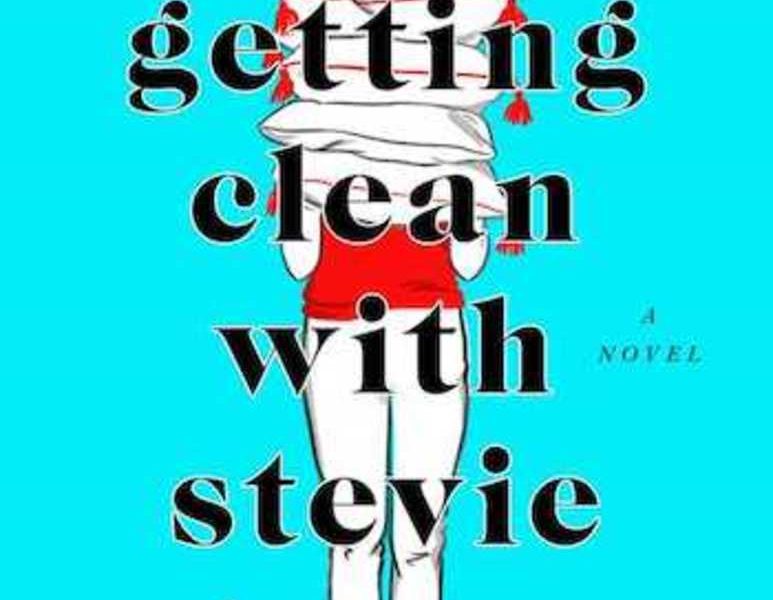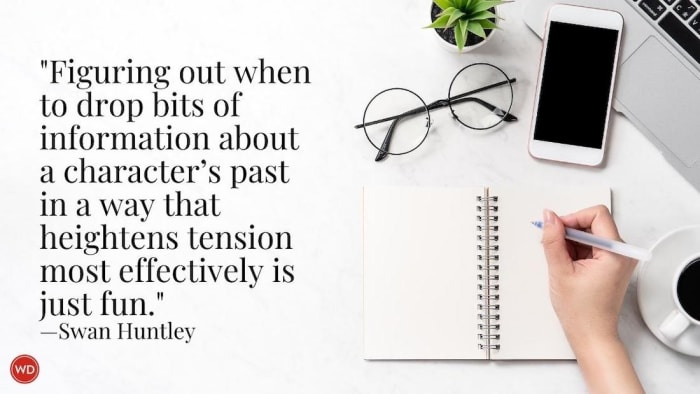5 Reasons for Characters to Hide and Then Confront Their Past
Everyone is hiding something. A friend of mine recently told me about this incredibly scandalous thing that had happened in her childhood. We’ve been friends for a year. Before she revealed this information, I didn’t fully understand why she’d made the choices she’d made in her life, but afterwards, I did. Many of these choices were a reaction to the scandalous thing that had happened in her past.
(Swan Huntley: On the Chaos in Decluttering)
The heroine of my new novel, Getting Clean with Stevie Green, is a reflection of this real-life example of a person hiding and then revealing their past. When we meet Stevie, we learn that she’s a decluttering guru who can’t seem to declutter the mini wine bottles from her car. Later, we learn about her history as a drunk. And later still, near the very end of the book, we learn about the inciting incident that caused her life to take a nosedive. On page one, I refer to this very literally as “the inciting incident.” By withholding a full explanation, I created an engine for the book. “What is this inciting incident?” That’s what I want readers to be wondering until the big reveal. Which brings us to our first reason for characters to hide and then confront their past…
Suspense.
If a character’s past is mysterious, then along with the suspense of the present drama unfolding in your novel, you have the added bonus layer of the suspense that arises from slowly eking out information about who your character was in the time before we encounter them. Ideally, whatever information you’re withholding about your character’s past comes to light at a moment when it is most relevant, i.e., when it ties into a decision the character is making in the present action of the story. Obviously, this is assuming that the details you’re withholding are sordid. Otherwise, there’s no reason to withhold.
Surprise.
As an alternative to building tension by slowly revealing aspects of your character’s past over the course of your novel, you could hide the character’s entire past until the very end and totally surprise readers.
IndieBound | Bookshop | Amazon
[WD uses affiliate links.]
Here’s an example: I recently saw a movie in which an innocent tailor turns out to be a criminal. At the very end, when we find this out, we also learn that the innocent tailor was not always so innocent. In one of the final scenes, he rolls up the sleeves of his dress shirt to reveal a bunch of tattoos he got when he was a young gang member. Here, knowing the character’s past was necessary to understanding why he committed the criminal acts we didn’t see coming, and we couldn’t have possibly learned it any earlier, because the filmmakers didn’t want us to know he was the bad guy until five minutes before the movie ended.
Nobody likes an info dump.
Years ago, I had dinner with a novelist who was telling me about the difficulties of starting a new novel. The problem with beginnings, she said, is that there’s so much groundwork to lay—but nobody likes an info dump.
An “info dump,” in case it’s not obvious, is an overwhelming amount of backstory that slows the pace of your book. Basically, it reads like the notes you made about your character before you started writing. Nobody wants to read those. A more masterful way of presenting information about a character’s past is to feather it in. What readers care about is the present action of the story. So, even if your character isn’t covertly hiding the past, you, the author, probably want to hide it for the simple reason that it won’t be entertaining if it’s dumped at the start.
From a craft perspective, hiding the past is fun.
When will we learn which details? How can those details build on one another to create suspense? To me, figuring out when to drop bits of information about a character’s past in a way that heightens tension most effectively is just fun.
I often make up details about a character’s past based on what I need to be true in the present. In my second novel, The Goddesses, there’s a big reveal about Nancy’s past that happens in the last few pages, which I did not decide to write until I got there. As I mentioned above, in Getting Clean with Stevie Green, Stevie addresses the reader directly when it comes to sharing her backstory. As in, “Wait, I’m not ready to talk about that yet.” So, not only is timing your reveals about the past fun. It’s also fun to decide how those reveals will be layered in.
From a character perspective, denial is a popular coping mechanism.
The reason why a character might hide the past from the reader is because they are also hiding it from themselves. They are in denial. If this is why a character is refusing to reveal information about the past, and at the end they come to terms with it, then not only do we have a reveal. We are also emotionally satisfied. A confrontation with the past is a confrontation with the self, which is ultimately what stories are about.

If you want to learn how to write a story, but aren’t quite ready yet to hunker down and write 10,000 words or so a week, this is the course for you. Build Your Novel Scene by Scene will offer you the impetus, the guidance, the support, and the deadline you need to finally stop talking, start writing, and, ultimately, complete that novel you always said you wanted to write.



